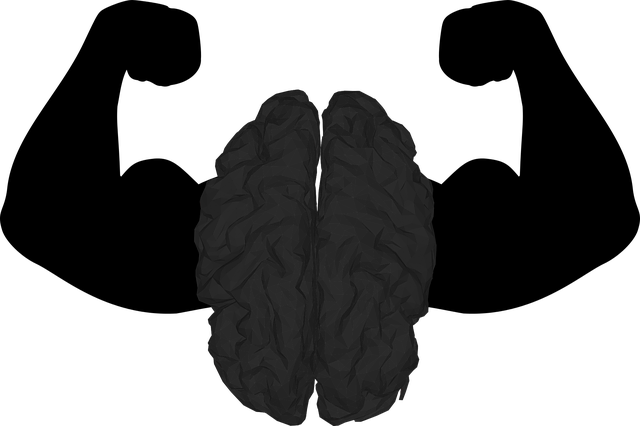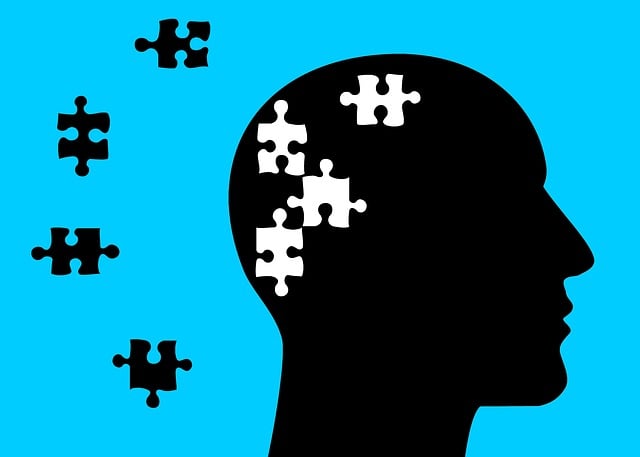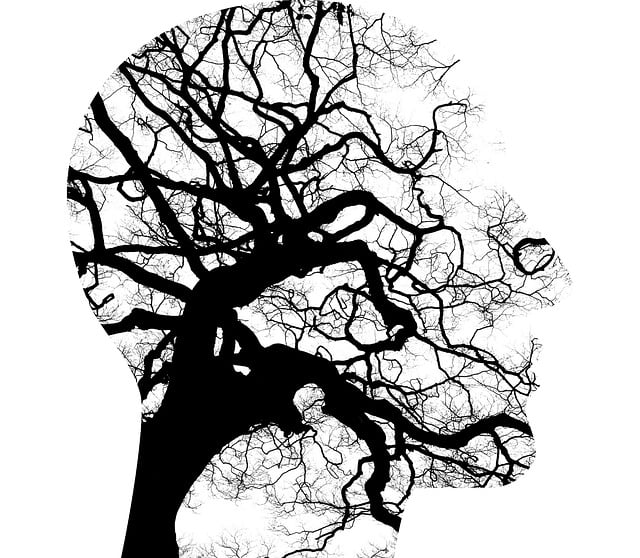Littleton Crisis Counseling Therapy leverages mental health data analysis as a powerful tool for understanding and addressing community emotional well-being. By collecting and categorizing patient demographics, symptoms, diagnoses, and treatment history, they gain insights into specific trends like correlations between economic hardships and anxiety levels. This data-driven approach enables targeted interventions, effective resource allocation, proactive policy formulation, and enhanced therapy quality, ensuring the center remains responsive to evolving mental health challenges. However, ethical considerations around patient confidentiality are crucial as technology advances, particularly with digital platforms and personalized algorithms for self-awareness exercises and emotional well-being promotion techniques.
Mental health data analysis is a powerful tool for understanding complex psychological trends, particularly within communities like Littleton, where crisis counseling therapy plays a vital role. This article explores the process of collecting and categorizing mental health data, highlighting how analysis reveals hidden patterns and informs therapeutic strategies. We delve into the interpretation of results and their practical implications for crisis counselors in Littleton, while also considering ethical aspects and future prospects for data-driven mental healthcare.
- Understanding Mental Health Data: Collect and Categorize
- The Role of Analysis in Uncovering Patterns and Trends
- Interpreting Results: Implications for Crisis Counseling Therapy
- Ethical Considerations and Future Directions in Data-Driven Mental Health Care
Understanding Mental Health Data: Collect and Categorize

Understanding Mental Health Data is a critical first step in any analysis process. When it comes to mental health, data collection involves gathering information on various aspects such as patient demographics, symptoms presented, diagnosis, and treatment history. This raw data is essential for gaining insights into the psychological well-being of individuals seeking services at centers like Littleton Crisis Counseling Therapy.
Effective categorization is key to making sense of this data. Mental health professionals can classify information based on diagnostic criteria, severity levels, or specific disorders. For instance, categorizing patients by their primary mental health diagnosis—such as depression, anxiety disorders, or trauma-related conditions—allows for targeted interventions. This process also facilitates the assessment of treatments’ effectiveness, including strategies for mood management and anxiety relief, and aids in identifying areas for improvement in emotional regulation services.
The Role of Analysis in Uncovering Patterns and Trends

Mental health data analysis plays a pivotal role in understanding the complex landscape of emotional well-being. Through systematic examination and interpretation, patterns and trends emerge, offering valuable insights into various mental health issues prevalent within communities. This process, often facilitated by advanced analytics tools, allows professionals like those at Littleton Crisis Counseling Therapy to identify hotspots and emerging crises. By analyzing data collected from diverse sources, including surveys, clinical records, and community reports, they can uncover correlations between social factors, environmental stressors, and psychological disorders.
For instance, a comprehensive analysis might reveal a significant link between economic hardships and increased anxiety levels in a specific demographic. This knowledge equips mental health professionals with the data to advocate for targeted interventions and develop evidence-based strategies, such as Compassion Cultivation Practices and Self-Awareness Exercises, tailored to address these identified trends. Such insights are crucial for resource allocation, policy formulation, and the design of effective prevention programs, ultimately contributing to a more responsive and proactive approach to mental health care.
Interpreting Results: Implications for Crisis Counseling Therapy

Interpretation of data from mental health assessments is a critical step in tailoring effective therapeutic interventions, particularly within the context of Crisis Counseling Therapy in Littleton. By carefully analyzing trends and patterns, therapists can gain valuable insights into clients’ emotional landscapes and tailored support accordingly. This process involves not only identifying specific disorders or symptoms but also understanding the unique factors contributing to an individual’s distress.
For instance, data analysis might reveal a pattern where certain demographic groups experience elevated levels of anxiety, highlighting a potential need for more accessible Anxiety Relief strategies within the community. Alternatively, consistent trends in emotional healing processes could guide therapists in developing new empathy-building strategies that cater to specific client needs. Such insights not only enhance the quality of care but also ensure that Crisis Counseling Therapy in Littleton remains responsive and proactive in addressing the evolving mental health landscape.
Ethical Considerations and Future Directions in Data-Driven Mental Health Care

As mental health care increasingly relies on data analysis, ethical considerations come to the forefront. The interpretation and use of personal and sensitive information require strict adherence to privacy laws and informed consent from individuals. Protecting client confidentiality is paramount, especially when integrating digital tools like Littleton Crisis Counseling Therapy platforms for remote therapy sessions. This balance between leveraging technology and preserving patient privacy forms a critical aspect of modern mental health care.
Future directions in data-driven mental health care include the potential for personalized treatment plans based on comprehensive analyses. Self-Awareness Exercises and Emotional Well-being Promotion Techniques, tailored to individual needs, could be enhanced through sophisticated algorithms. Additionally, the Mental Wellness Podcast Series Production can benefit from data insights to create more engaging content. These advancements, while promising, must navigate ethical landscapes, ensuring that technology complements human therapists and enhances overall mental health outcomes without compromising privacy or exacerbating existing inequalities.
Mental health data analysis plays a pivotal role in enhancing our understanding of community well-being, particularly through the lens of Littleton Crisis Counseling Therapy. By employing robust data collection and categorization methods, we can identify patterns and trends that inform effective counseling strategies. Ethical considerations are paramount, ensuring responsible use of data while fostering trust. Moving forward, integrating advanced analysis techniques holds great promise for revolutionizing mental health care, making it more responsive to the diverse needs of individuals and communities.










